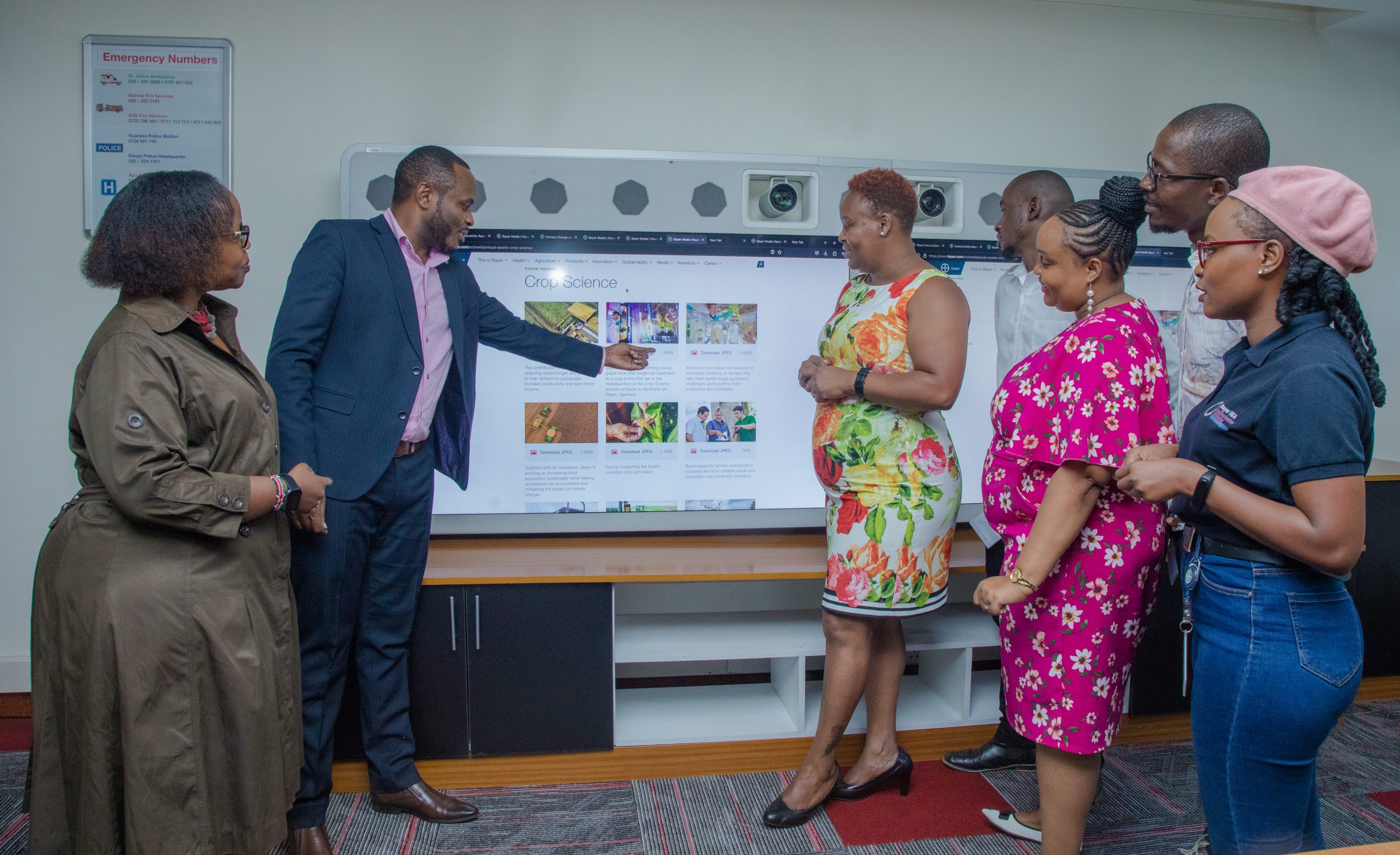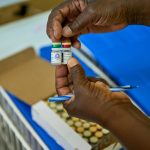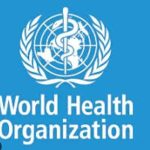In an attempt to focus the company’s efforts on ensuring that science improves everyone’s quality of life, Bayer has announced the launch of a campaign called “Science for Better.”
The campaign, which is in line with their brand objective of “science for a better life,” aims to raise awareness of the corporate brand and encourage key stakeholders to fully transfer their focus to life science.
The corporate communications lead for Africa, Anthony Maina, discussed the campaign and its importance. Our corporate brand visibility can be created and maintained through the “ScienceSciencetter” campaign.
Speaking about the campaign, Anthony Maina, the corporate communications lead in Africa, expounded on its significance.
The “ScienceSciencetter campaign is a platform for us to continue creating and sustaining our visibility as a corporate brand. It is important that our brand remains top of mind and for the audiences to understand our contribution to improving lives through science on multiple fronts such as nutrition, agriculture, medicine, self-care, and food security,” said Mr. Maina.
“All our efforts in research, innovations, collaborations, and partnerships are directed at improving lives through science,” he added.
The “Health for All and Hunger for None” maxim is anchored in their brand vision, a goal for a healthy and food-secure world that is championed through efforts such as providing access to pharmaceuticals through their human health division and availing of improved seed quality that is climate-proof, as well as training farmers on better and more sustainable farming methods for higher yield through their crop science division.
Bayer is a life science corporation with the largest division in Africa being agricultural science, with a goal of reaching 100 million smallholder farmers globally by 2030, 21 million of whom will be in Africa.
Bayer’s products have currently reached and favourably influenced 10.8 million smallholder farmers.
With ever-changing weather patterns, smallholder farmers (farms of 50 acres or less) are the most affected along the value chain.
Bayer has been actively working with smallholder farmers to empower them to use technology (digital farming) and precision farming for commercial farmers to minimise and adapt to changing weather patterns.
Bayer also provides a system for detecting weather patterns, which can assist farmers decide which seed to plant.
To boost this, they have also employed field-based officers and agronomists whose role is to work with farmers at the grass-roots level to educate them on alternative high-yield farming practices.
This is done on a daily basis to ensure that farmers remain appraised of the farming practices that will offer them the best returns and longevity.
Bayer has been at the forefront of championing the use of hybrid seeds as opposed to conventional seeds as a move to combat climate change and boost food security.
This, coupled with the use of proper crop protection practices such as the right fertiliser, has been proven to guarantee a four-fold yield for farmers.
To make sure farmers are informed on the farming methods that will provide them with the highest returns and longest lifespan, this is done every day.
In an effort to fight climate change and increase food security, Bayer has been in the forefront of promoting the use of hybrid seeds rather than conventional seeds.
It has been demonstrated that farmers may ensure a four-fold increase in output by combining this with appropriate crop protection techniques, such as using the right fertiliser.
The cost of hybrid seeds has been the largest obstacle over the years due to the need for new purchases at planting; however, for the majority of commercial farmers, the benefits of increased production outweigh the costs of the seeds.
Farmers are choosing to use hybrid seeds in order to pay a little bit more for a high yield that is assured.
In order to improve food security and adapt to climate change, the government recently relaxed the restriction on the planting of genetically modified products.
According to Bayer, this is the best course of action for Kenya and the entire world. Bayer is unwavering in its commitment to giving farmers options and answers.
Additionally, Bayer has urged all parties involved to assist farmers in refuting the claims made about genetically modified seeds and their significance for future adaptation and mitigation.
Additionally, a consumer validation of the safety and effectiveness of these genetically modified foods is taking place.
In Kajiado, Mwea, and Siaya, Bayer has established centres of excellence that offer hands-on training in crop protection, new agricultural technologies, and the application of hybrid seeds in comparison to conventional seeds.
According to Bayer, while there are other hybrid products like soy beans and BT cotton, maize is the plant that has benefited from genetic modification the most.
The only option left for a future free of hunger is for the globe to embrace more resilient and sustainable farming methods, given the UN’s forecast that the population will reach 9.8 billion by 2050.





